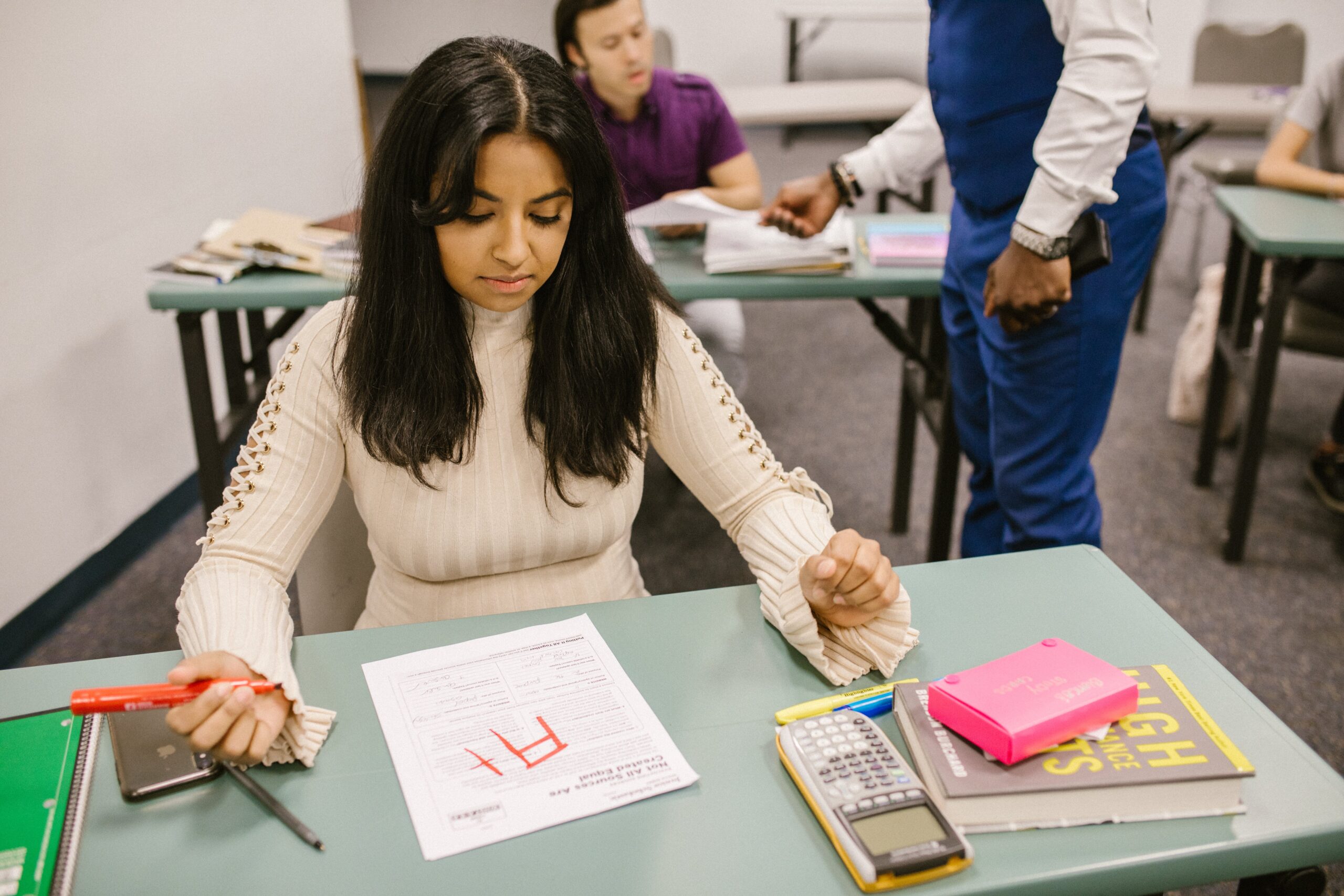Education is a fundamental human right that should be accessible to every individual, regardless of their background, socio-economic status, or any other characteristic. Unfortunately, barriers to education persist in many parts of the world, preventing countless individuals from realizing their full potential. In this blog post, we will delve into the importance of breaking down these barriers and promoting equal access to education for all.
- The Significance of Education Equality: Education equality is more than just a noble ideal—it is a catalyst for societal progress and individual empowerment. When everyone has an equal opportunity to learn and grow, it fosters social mobility, reduces inequalities, and promotes a more inclusive society. It is through education that individuals gain the knowledge, skills, and confidence to shape their own futures and contribute meaningfully to their communities.
- Identifying and Understanding Barriers: To address the issue of unequal access to education, we must first identify and understand the barriers that hinder certain groups from obtaining quality education. These barriers can be diverse and multifaceted, including financial constraints, gender discrimination, cultural biases, inadequate infrastructure, and lack of inclusive policies. By recognizing these obstacles, we can develop targeted strategies to overcome them.
- Bridging the Socioeconomic Gap: One of the most significant barriers to education is the socioeconomic gap. Many individuals and communities face financial limitations that make accessing education a distant dream. Initiatives such as scholarships, grants, and financial aid programs can play a crucial role in breaking this barrier by providing financial support to those in need. Additionally, advocating for equitable funding in education systems can ensure that resources are distributed fairly, regardless of a student’s economic background.
- Empowering Girls and Women: Gender inequality remains a pervasive barrier to education in many parts of the world. Girls and women often face discriminatory practices, societal norms, and cultural beliefs that limit their access to education. Promoting gender equality through targeted interventions, such as eliminating gender-based violence, providing safe learning environments, and empowering girls through mentorship programs, can help overcome these barriers and ensure equal educational opportunities for all.
- Inclusive Education for Students with Disabilities: Another critical aspect of promoting equal access to education is ensuring inclusivity for students with disabilities. Often, individuals with disabilities encounter physical, attitudinal, and institutional barriers that impede their educational journey. Implementing inclusive policies, accessible infrastructure, and specialized support services can create a more inclusive educational environment that caters to the diverse needs of all learners.
- Community Engagement and Collaboration: Breaking barriers to education requires collective efforts from various stakeholders, including governments, communities, educators, parents, and non-profit organizations. Building strong partnerships and engaging the community in educational initiatives can help identify local challenges, develop tailored solutions, and create a supportive ecosystem that nurtures equal access to education.
- Advocacy and Policy Reform: Advocacy plays a vital role in driving systemic change. By raising awareness about educational inequalities and advocating for policy reforms, we can shape a more equitable educational landscape. This involves promoting inclusive curriculum frameworks, teacher training programs, and comprehensive policies that address the specific needs of marginalized communities.
Conclusion:
Promoting equal access to education for all is an ongoing journey that requires dedication, collaboration, and a commitment to social justice. By breaking down barriers and advocating for educational equality, we can create a world where every individual, regardless of their circumstances, has the opportunity to learn, grow, and thrive. Together, let us work towards building an inclusive and equitable education system that empowers individuals and transforms societies.




